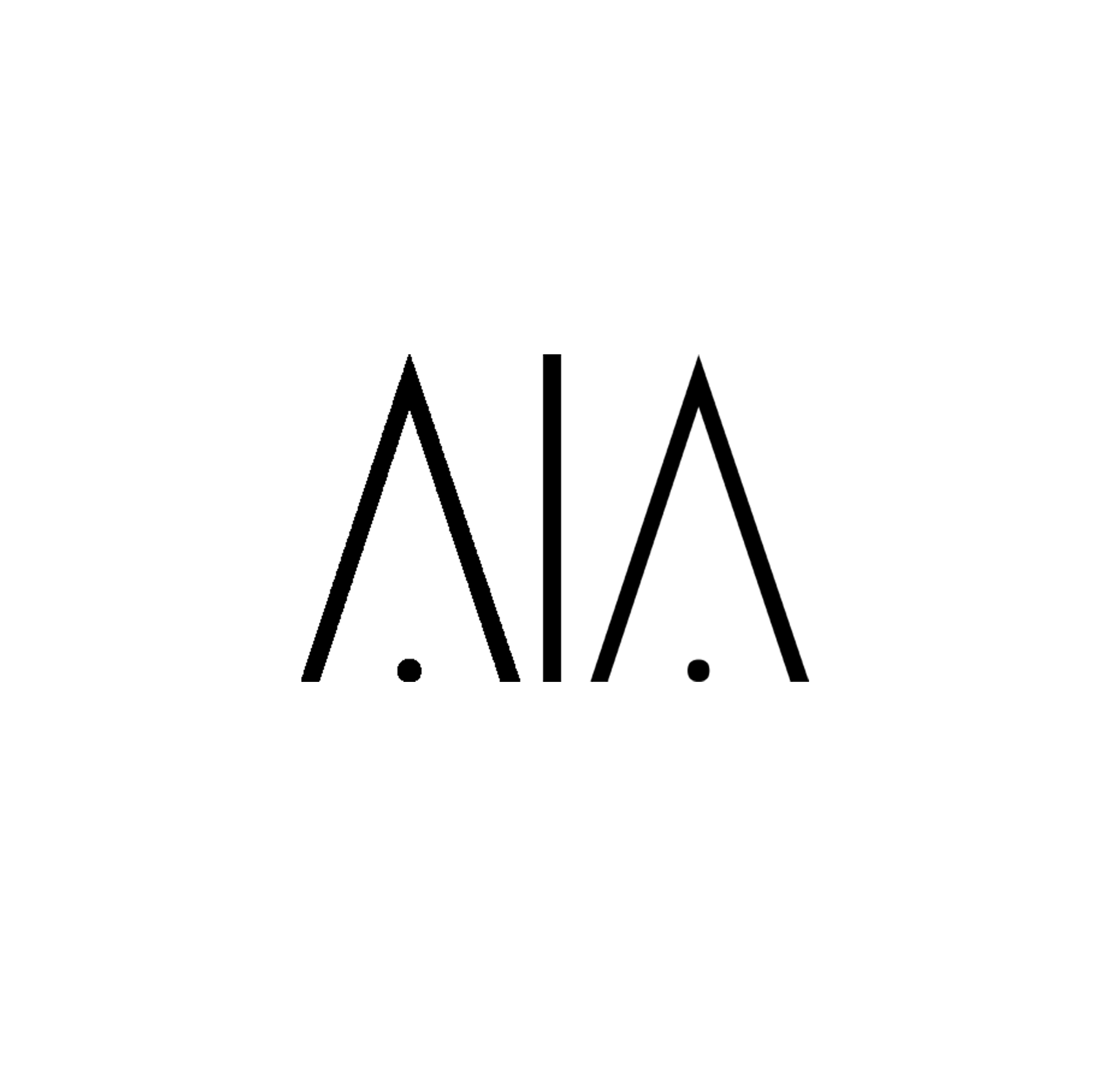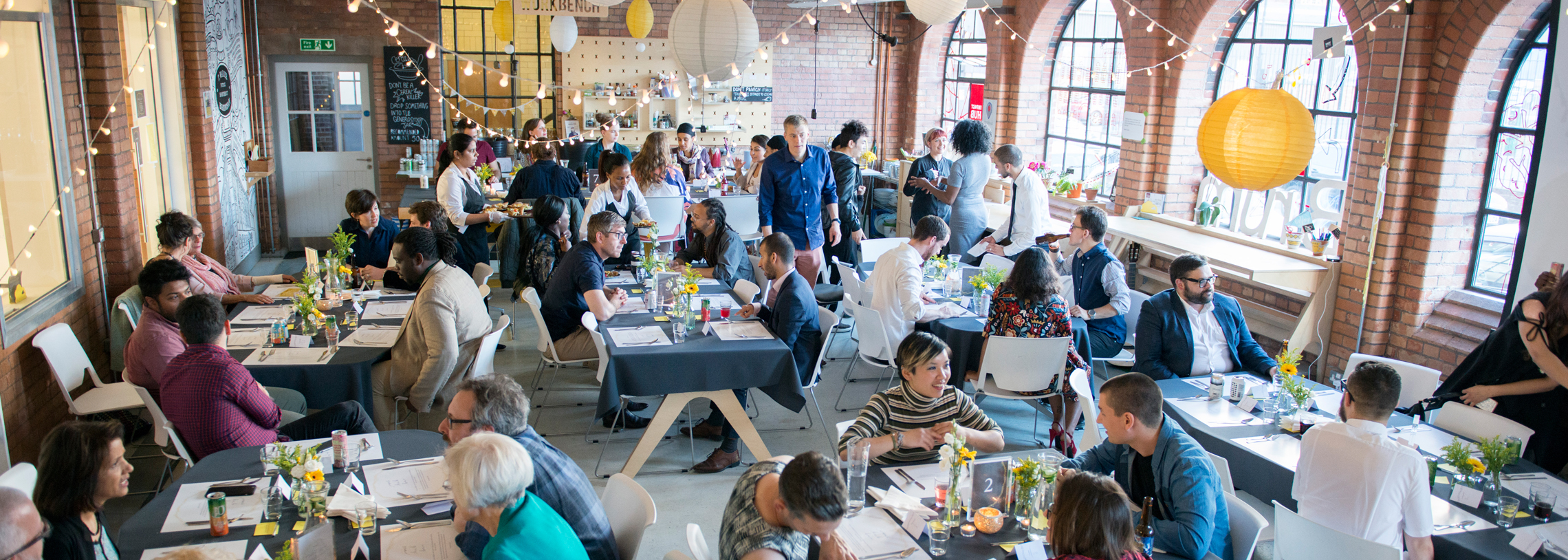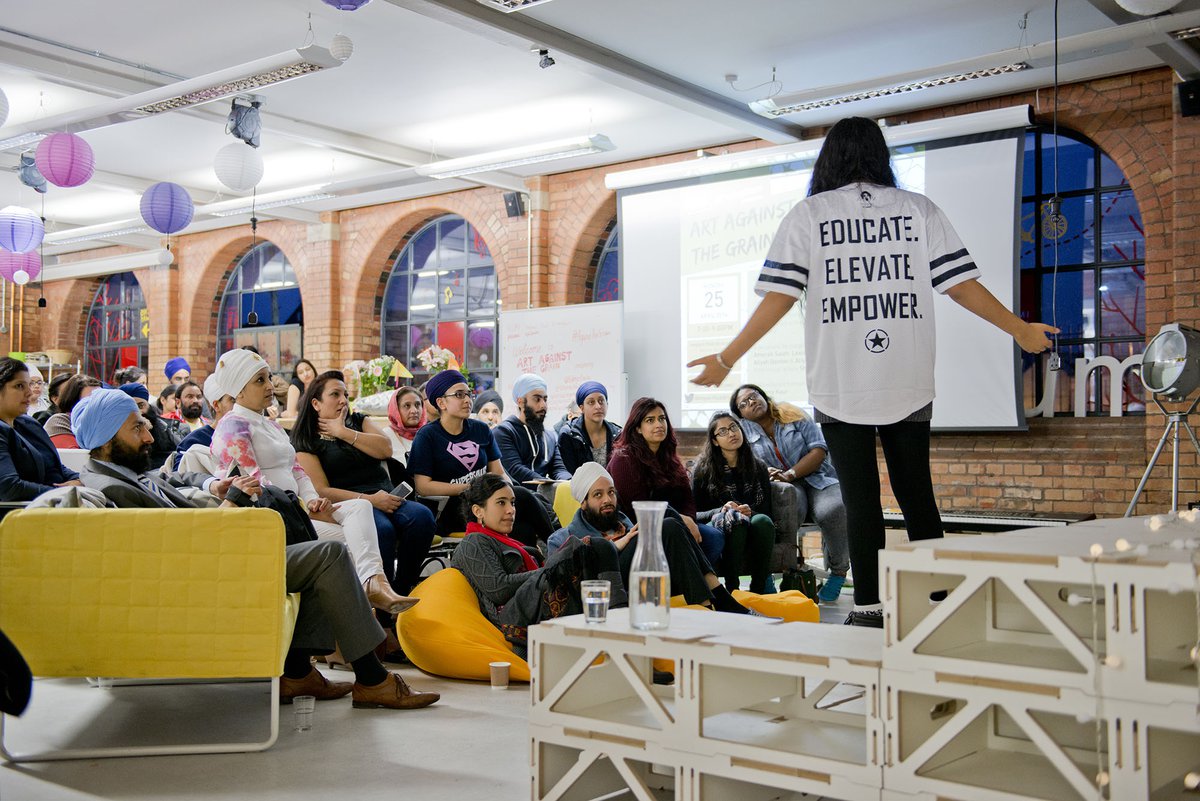Immy Kaur: On Civic Infrastructure, Art Hotel & Working with Artists
Immy Kaur, Co-Founder & Director at Impact Hub Birmingham on Civic Infrastructure, Art Hotel and Working with Artists.
At Impact Hub, we work on building a better city, one that is more equal, fair and just. One of the key ways that Impact Hub Birmingham works in the city is by running a range of open impact movements, that involve citizens coming together to see how they can help to tackle complex social challenges.
The work really built itself from a wide movement of citizens, lots of people coming together to talk about the vision for the city they wanted to build. Naturally within that, we had so many creative practitioners and artists at early building sessions. We started to see a really complex and creative vision that came together, with local people tackling challenges and those with creative knowledge and practice. So early on we knew that the role of artists was crucial - we didn’t know what that would look like and we didn’t want to over-engineer it, so we tried to create lots of opportunities, spaces and easy in which artists could engage.
We have never really described ourselves as a co-working space and the first reason for that is because we deeply believe that the co-working model, working for social change and the business models are really far away from each other. It’s very difficult to run as a commercial high revenue generating space and also really work for outcomes for a fairer city. We know people that need to be here the most or the ones that bring some of the greatest value, aren’t always the ones who can afford to or choose to spend that much of their money on using spaces. So we knew we wanted to create a business model for those who needed the space in different ways - some could pay toward keeping it running and then for anyone who couldn’t afford that, we wanted to design a way this could also be a place for them.
We have had creatives and artists involved in making the Hub and I think that helped to create a culture that is open and accessible. We try not to say no to anything really, so we really want to work with people and their ideas and find ways to make it happen. It’s been an experiment for us and we are still on that journey. I would like to have more creative practitioners explicitly involved, but actually we have been starting to see what are the different ways that can happen, whether that’s through our film nights or through the everyday use of the space.
I have started to see the very first kernels of what could happen when artists and those passionate about tackling social challenges come together. But we do know that artists need their own very bespoke and specific resources and infrastructure.
The prospect of the Art Hotel is really exciting to me. I think first and foremost the thing that makes it so interesting to me is seeing the way in which artists have a fundamental role in creating and imagining cities that are vibrant and vivacious places that people want to be. That has been really eye-opening. I have always been frustrated by the lack of artists right at the core of how we design and build the city and I think that it’s really important that there are people and organisations that advocate for that.
Art Hotel at its core has a vision for a city that could be more open, more fair, more equal and many of the things that we believe in. I also think that very early on we talked about what a 21st century town hall would look like. Where would people go that really care and are really passionate about making their place and making their cities better. A vision of something like Art Hotel sits at the core of that thinking, of new neighbourhoods, new civic infrastructure. So from a personal perspective I am excited, but from a broader perspective I’m even more excited about what Art Hotel and MAIA’s work could offer for the city. There is nothing like it here, nothing that says so explicitly says we care about artists, how they live, how they work, how their lifestyles are, what they are paid and I think this is one of the first projects that I have seen that really goes through that whole stack of layers of the things that really affect artists lives.
Working with artists is really integral to us. We have an artist, Byng, in our core team, as well as many artists that we have worked with across a range of projects at the Hub or in the work at TEDx. Open Project Night makes space for artists and creatives to bring their own initiatives into the community. We have another amazing team member, Nikki, who leads on programming, which includes regular film nights, book launches and speakers from a range of fields.
A breadth of artists also bring us programming that we could never imagine doing alone. This opens a world up for us, to lots of newer audiences, lots of people who join us at the Hub that never would have been here otherwise. The events, the amount of people, the interesting conversations, it’s all amazing, but it means something else when you start to join them up and those audiences connect with people tackling the housing crisis or looking at improving outcomes for children and families. You start to get this amazing combination of creative talent and deep passion about social issues that is very hard to come by.
Some of the key things that we have really seen from the role of artists is the ability to think completely laterally: to look at a project, look at a problem, look at something that often stumps many other people and take a completely new route about how we might think about it, how we might design to change it, who we might bring in, how we might tell a story or communicate it. Ultimately, I think artists have a very unique ability to tell and create stories about a future that not many people have the same skills in and so I am really excited about looking at some of the more utopian futures of what we could create. Artists give us the media and the lens and the way of thinking and doing that allows us to open up to a whole new world. There’s that age old saying, you’re not going to solve problems by using the same thinking that created them in the first place.
One of the things I have learned though, is that it’s really hard to put artists in one box. There is no homogenous artist that has a set of skills, actually they work in very different ways with very different practices. The need for having spaces where you can allow for much of that and the space and time to actually work with a lot of those disciplines is something that I have come to understand.
Being able to create open access, the more of us that work together and share our resources it means that the less burden it is on us alone to create the revenue that you need to survive in a city like ours. It’s really hard to imagine how we are going to tackle some of the biggest challenges alone, so I think more than anything growing together and working together over decades is the type of focus that is needed. Little projects for a few months or a couple of years are great but actually what we need is a long-sustained focus on making Birmingham and our cities better places for everyone, not least artists who I think are going to be crucial for it.



